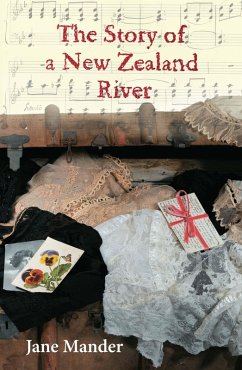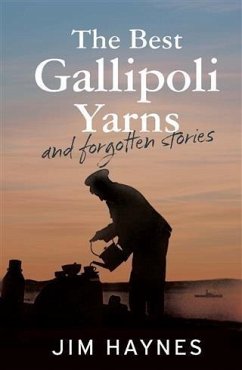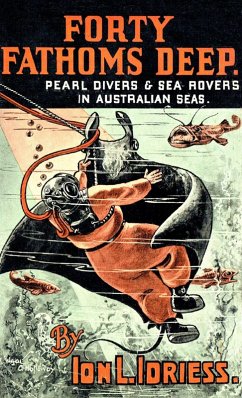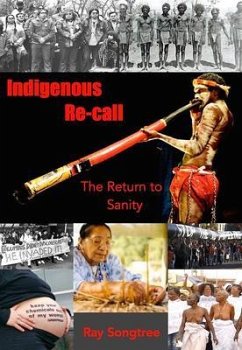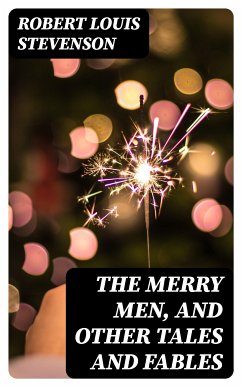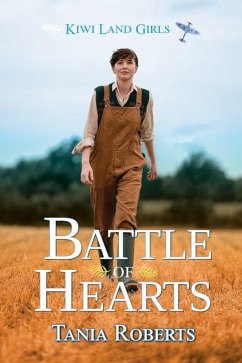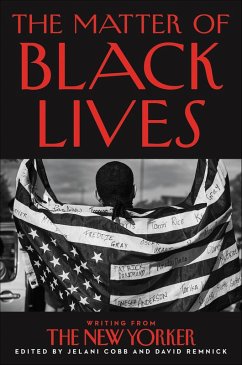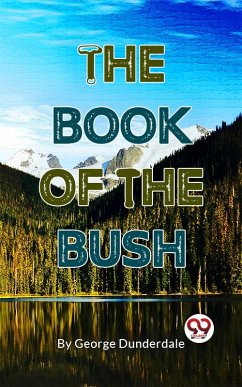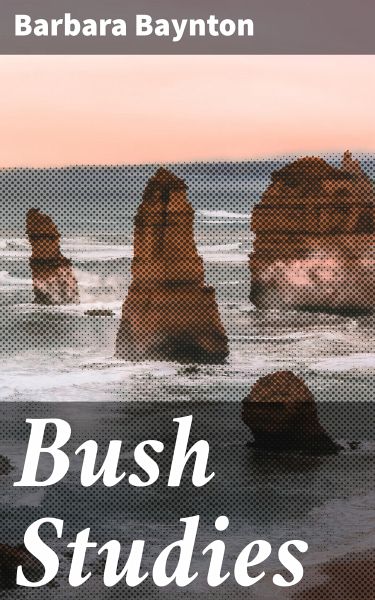
Bush Studies (eBook, ePUB)
Exploring the harsh realities of the Australian outback through pioneering tales of hardship and resilience

PAYBACK Punkte
0 °P sammeln!
In "Bush Studies," Barbara Baynton delves into the intricacies of life in the Australian bush, blending elements of realism with a raw, evocative narrative style. This collection of short stories explores the harsh realities faced by bushwomen, illuminating their struggles against isolation, societal expectations, and the oppressive nature of frontier life. Baynton's skillful use of vivid imagery and lyrical prose not only paints a portrait of the Australian landscape but also critiques the gender norms of her time, positioning her work within the broader context of feminist literature in the ...
In "Bush Studies," Barbara Baynton delves into the intricacies of life in the Australian bush, blending elements of realism with a raw, evocative narrative style. This collection of short stories explores the harsh realities faced by bushwomen, illuminating their struggles against isolation, societal expectations, and the oppressive nature of frontier life. Baynton's skillful use of vivid imagery and lyrical prose not only paints a portrait of the Australian landscape but also critiques the gender norms of her time, positioning her work within the broader context of feminist literature in the early 20th century. Barbara Baynton, an influential yet often overlooked figure in Australian literature, was born in 1857 and experienced the challenges of bush life firsthand. Her upbringing in a remote setting, coupled with her keen observations of female resilience and vulnerability, informed her writing. Baynton's personal experiences as a wife, mother, and writer allowed her to authentically depict the complexities of women's lives in the bush, contributing significantly to the literary canon of Australia. This compelling collection is recommended for readers interested in Australian literature, feminist narratives, and themes of resilience. Baynton's incisive storytelling and poignant character studies offer a profound commentary on the human condition, making "Bush Studies" a must-read for anyone seeking to understand the nuanced interplay of nature and nurture.
Dieser Download kann aus rechtlichen Gründen nur mit Rechnungsadresse in A, B, BG, CY, CZ, D, DK, EW, E, FIN, F, GR, H, IRL, I, LT, L, LR, M, NL, PL, P, R, S, SLO, SK ausgeliefert werden.





